Whilst 2020 has not been the year we had all hoped for, a change of season calls for a change of pace.
Editor Jane Garton explores some ways to reap the benefits of the months ahead and boost your autumn health.
Summer may be nearly over but there’s no need to feel down in spirit as the cooler days of autumn start to bite. The secret is taking that sunshine feeling into the longer cooler days of autumn is to subtly tweak your lifestyle. Here’s how…
Autumn diet
Your diet is a good place to start. Fresh grilled foods off the barbecue, just-picked salad leaves, bowls of berries, tasty sun-ripened tomatoes are what summer diets are all about. They make it easy to get your five a day or more and all the nutrients you need in abundance.
But it’s not the cooking that makes these foods so delicious but that fresh, just off-the-tree quality. You can recapture that feeling as we go into autumn by cooking simply and choosing fresh, locally sourced, seasonal foods. Here’s how…
Go wild
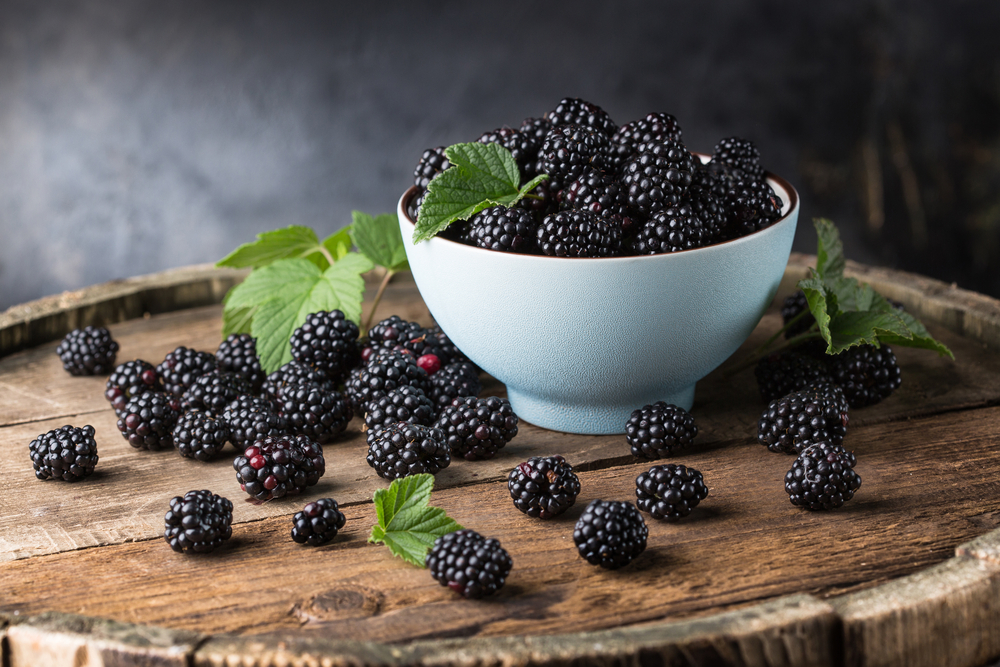
Gather wild blackberries from local hedgerows and look out for apples, rhubarb, peaches plums and figs at local markets. Softly stewed, these all make an ideal topping for porridge, overnight oats or other cereal.
Pick a pumpkin
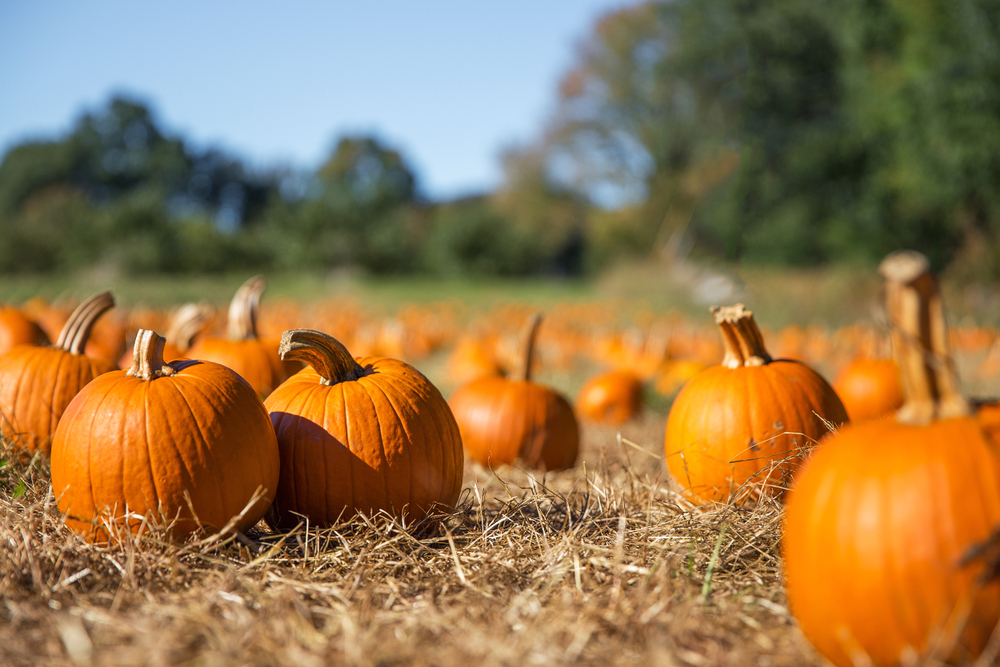
Pumpkins are not just for carving scary Halloween faces – they also pack a powerful nutritional punch. Rich in the antioxidant beta-carotene and vitamin B6, vitamin C and vitamin E, as well as potassium, magnesium and manganese, they well deserve a place in your autumn vegetable rack[i].
Take five
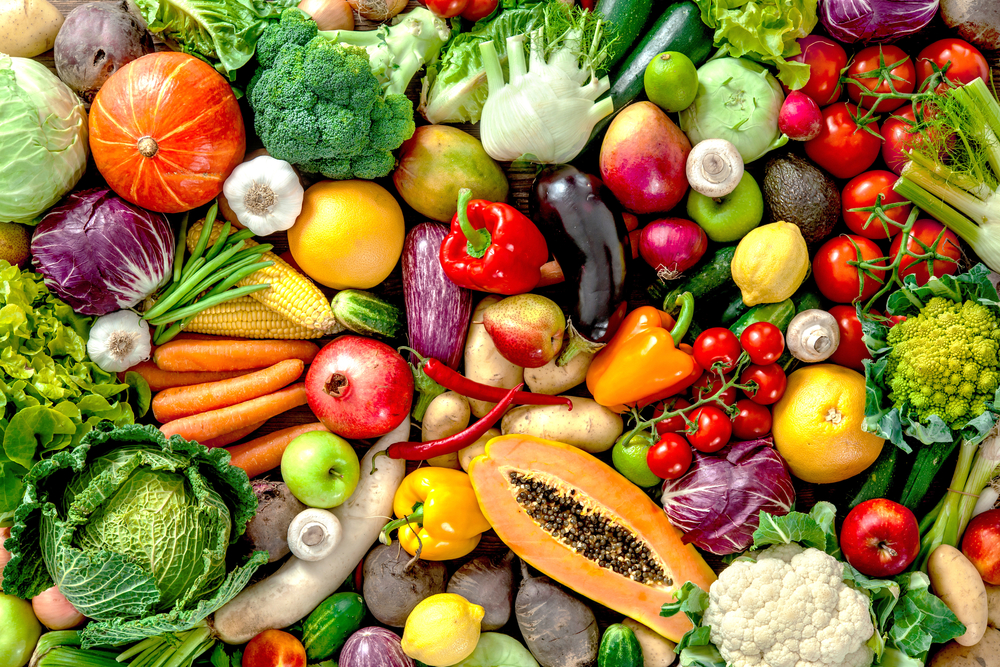
Make sure to get your five or more fruit and veg a day. They are the best source of the immune-boosting antioxidant vitamins, minerals and plant chemicals. Try not to stick to the same ones – the wider the variety and the more different colours you choose, the more protective nutrients you’ll be getting. Beetroot, cauliflower, peppers and broccoli are all good autumn choices.
Increase your Zinc
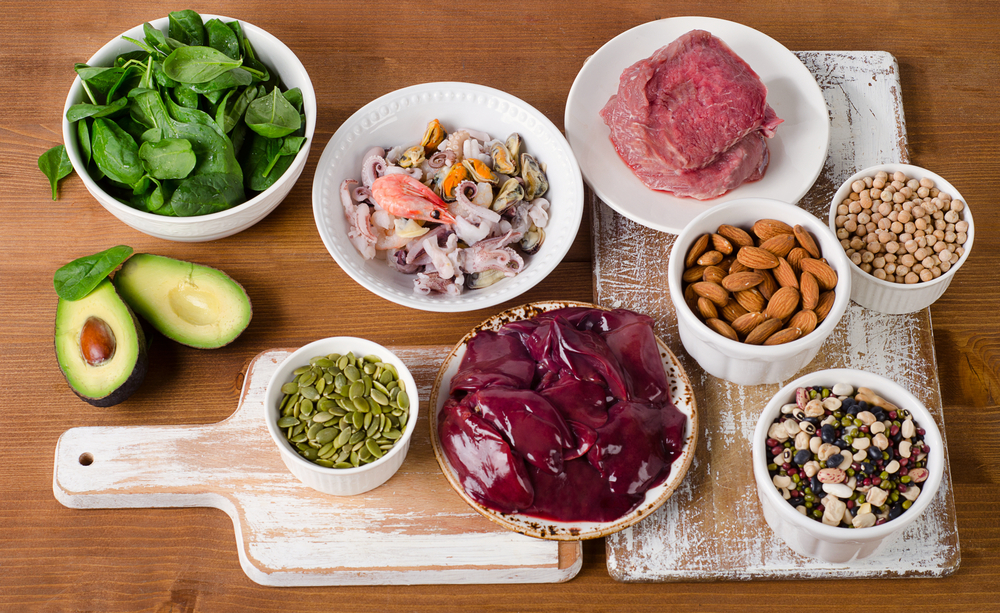
Studies show zinc helps increase the production of virus-fighting white blood cells[ii]. Good sources include shellfish, nuts, seeds, beans and chickpeas so be sure to put these on your shopping list.
Include more Vitamin D
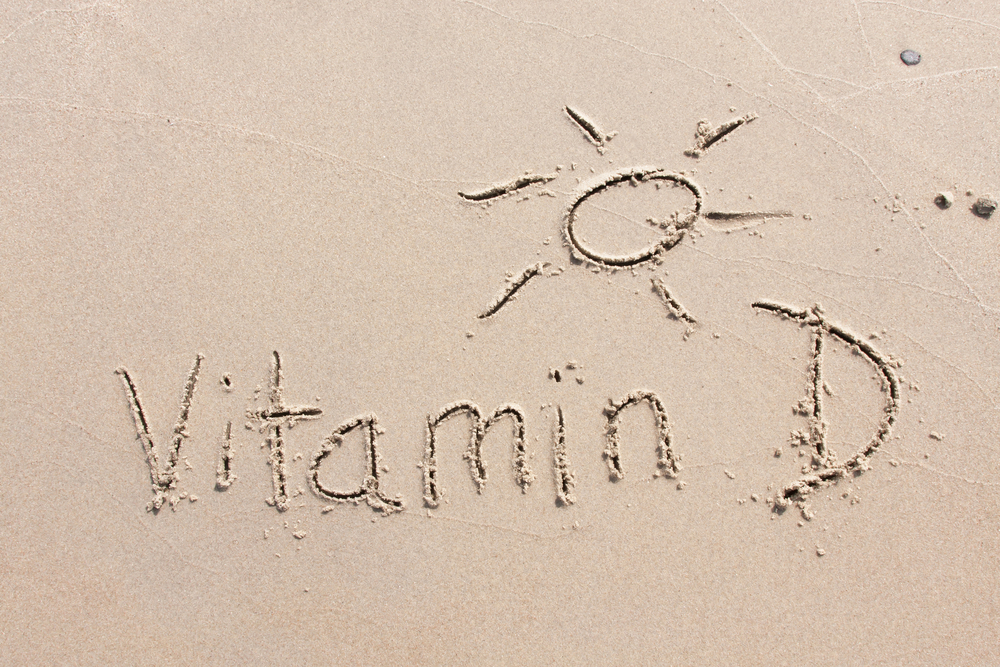
As the days draw in the sun drops too low in the sky for those of us in the UK to get enough vitamin D, which is produced by the action of the sun on skin. Vitamin D is a proven immune booster.[iii]
Oily fish, such as wild salmon, herring, sardines and mackerel, as well as dairy products and egg yolks are good food sources, but it is very hard to get all the vitamin D we need from food alone. This is why Public Health England suggests everyone consider taking a daily supplement containing at least 10 micrograms of vitamin D as a precaution[iv].
Eat oily fish
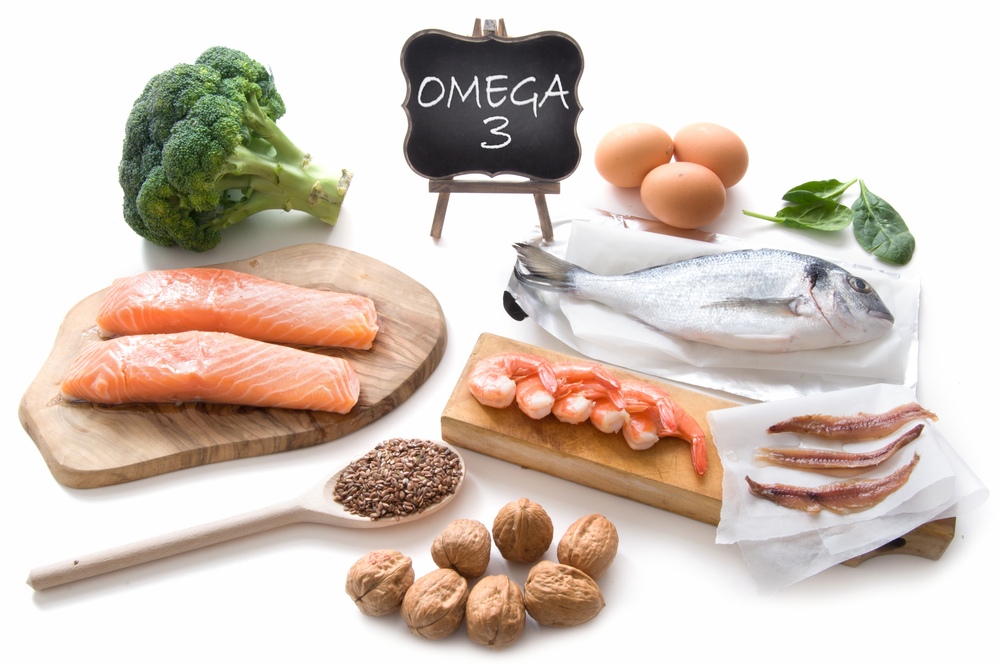
Omega-3 fatty acids found in oily fish, such as herrings, mackerel, salmon and sardines, can improve immune function and reduce inflammation[v].
Up the protein
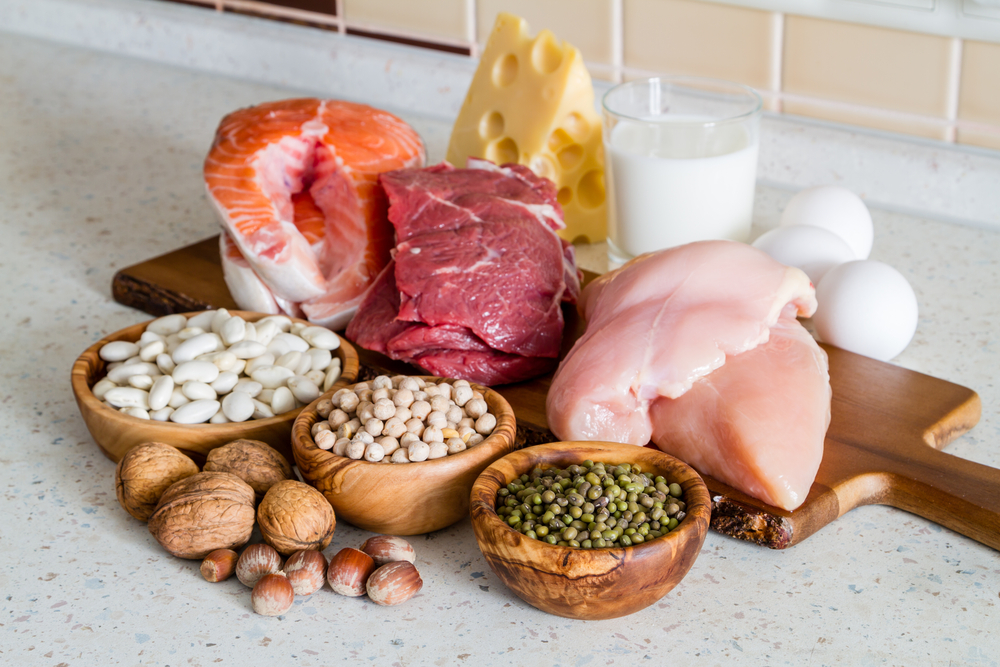
Protein and amino acids, the building blocks of protein, are needed to energise immune cells, which in turn helps boost immunity. Include meat and/or vegetable proteins such as soya and pulses on your daily menu.[vi]
Take a supplement
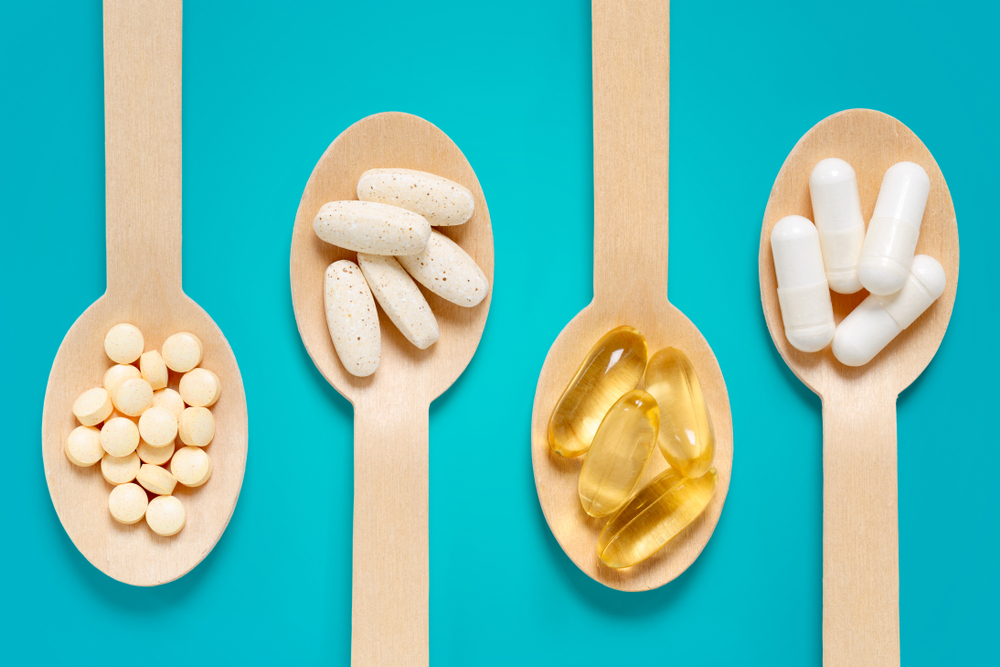
It may not be so easy to eat as well as you did in the summer months. Adding in a supplement such as a multivitamin can make a real difference to your health and wellbeing as well as giving your immune system a much-needed boost.
More post-summer wellbeing tips:
Relax, relax
Remember how chilled you felt on that lounger in the garden? Set aside some time every day for relaxation. Listen to some calming music, do some yoga or lose yourself in a good book.
Sleep tight
Try to fit in at least eight hours shut-eye a night.
Move it
Explore your local park, join a walking group, hire a bike or join an outdoor exercise class. Aim for at least 30 minutes of moderate exercise 5 days a week.
Be social
Stay in touch with friends and colleagues to keep that summer camaraderie. Meet for lunch, pick up the phone or organise a Zoom quiz.
Lift your mood
If you start to suffer from the autumn blues, St John’s Wort is a traditional herbal remedy and has long been used for low mood and mild anxiety.
[i] www.cambridge.org/core/services/aop-cambridge-core/content/view/614835C9F2CABAAAFD5E7925A72E7F9F/S0954422410000107a.pdf/medicinal_and_biological_potential_of_pumpkin_an_updated_review.pdf
[ii] www.ncbi.nlm.nih.gov/pmc/articles/PMC3273967/
[iii] https://www.ncbi.nlm.nih.gov/pubmed/28163705.
[iv] www.gov.uk/government/news/phe-publishes-new-advice-on-vitamin-d
[v] https://www.ncbi.nlm.nih.gov/pubmed/23668691
[vi] https://www.ncbi.nlm.nih.gov/pubmed/27712080























Add comment